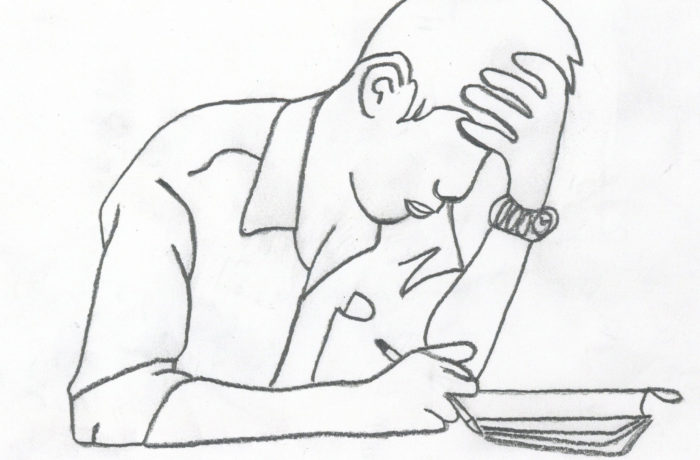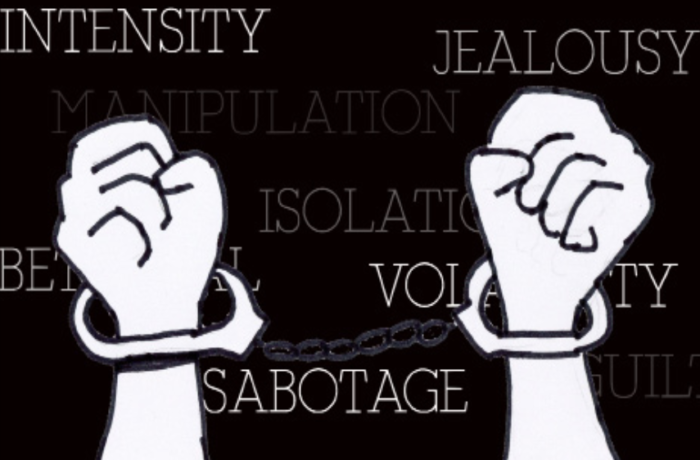By Matthew Pramas
Staff Writer
Lauren Walsh, ’20, is learning how to sleep. As a biology major at Saint Michael’s College, she has worked hard to earn high grades, but at the cost of a healthy night’s snooze.
“I didn’t sleep freshman year very much,” she said in an interview. On top of clubs and weekly labs, she faced a heavy workload. “I would probably get around 5, sometimes 4 hours of sleep every night.”
“I would stay at the library until close most days and then I would go to Dion and do work there, before waking up at about 7:00 a.m. the next day,” Walsh said. Like many freshman, she slept too little.

Sleep deprivation is common among college students who neglect the recommended 7 to 9 hours, wrote Director to Health Services, Mary Masson, in an email.
According to Masson, it is easy to spot sleep deprivation. Yawning and being sleepy during the day are common indicators, as are clumsiness, hunger, and frequent colds.
Our bodies produce inflammation and infection fighting substances, such as cytokines, during sleep, Masson said. “When we don’t sleep enough, we don’t have enough time to produce all of these that we need.”
A self-described perfectionist, Walsh said she fell into a habit of working long hours. “I insisted on reading every single chapter that was assigned and taking in-depth notes on them.”
Over following semesters Walsh found more suitable studying habits, which allowed her to fall asleep earlier.
But as she progressed in her studies, inadequate sleep caused by stress remained a fluctuating problem. “First semester I was sleeping OK with about 6 hours of sleep, but second semester I was having trouble sleeping,” Walsh said.
“Lack of sleep makes everything more stressful,” said professor of psychology Joe Covais said. Ironically, stress can also prevent sleep. Covias added that sleep disorders like insomnia are common and symptomatic of depression, often exacerbating depressive moods.
Sleep improves psychological health because it rests the brain, stores memories and processes information, Masson said. Mental tasks become more difficult without sleep. “Sleep deprivation can lead to increased feelings of sadness, inattentiveness and impulsive behavior,” Masson said.
Many students watch television before sleeping, which prevents the body from producing melatonin, the hormone that regulates sleep. Molly Tobin, ‘20, watched Netflix before going to bed and found it difficult to fall asleep. Now, she reads before going to bed and falls to sleep much earlier than before.
These days, Walsh aims for the recommended seven hours of sleep every night for her academic and mental strength. Sometimes, she picks up a book before bed. “I hate having the TV on, so I read a book until I’m tired,” Walsh said, “because being tired during the day just makes me feel sick.”



